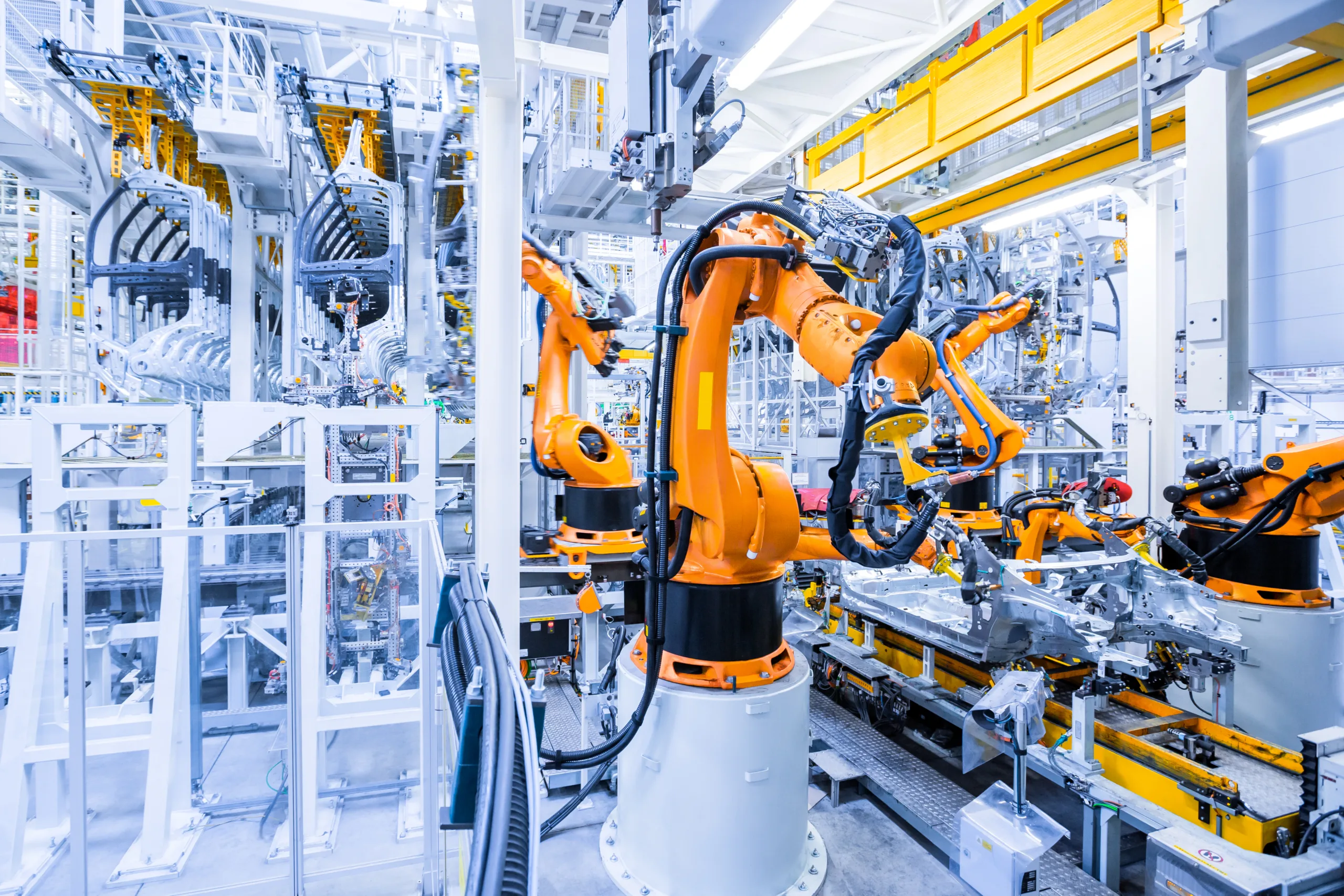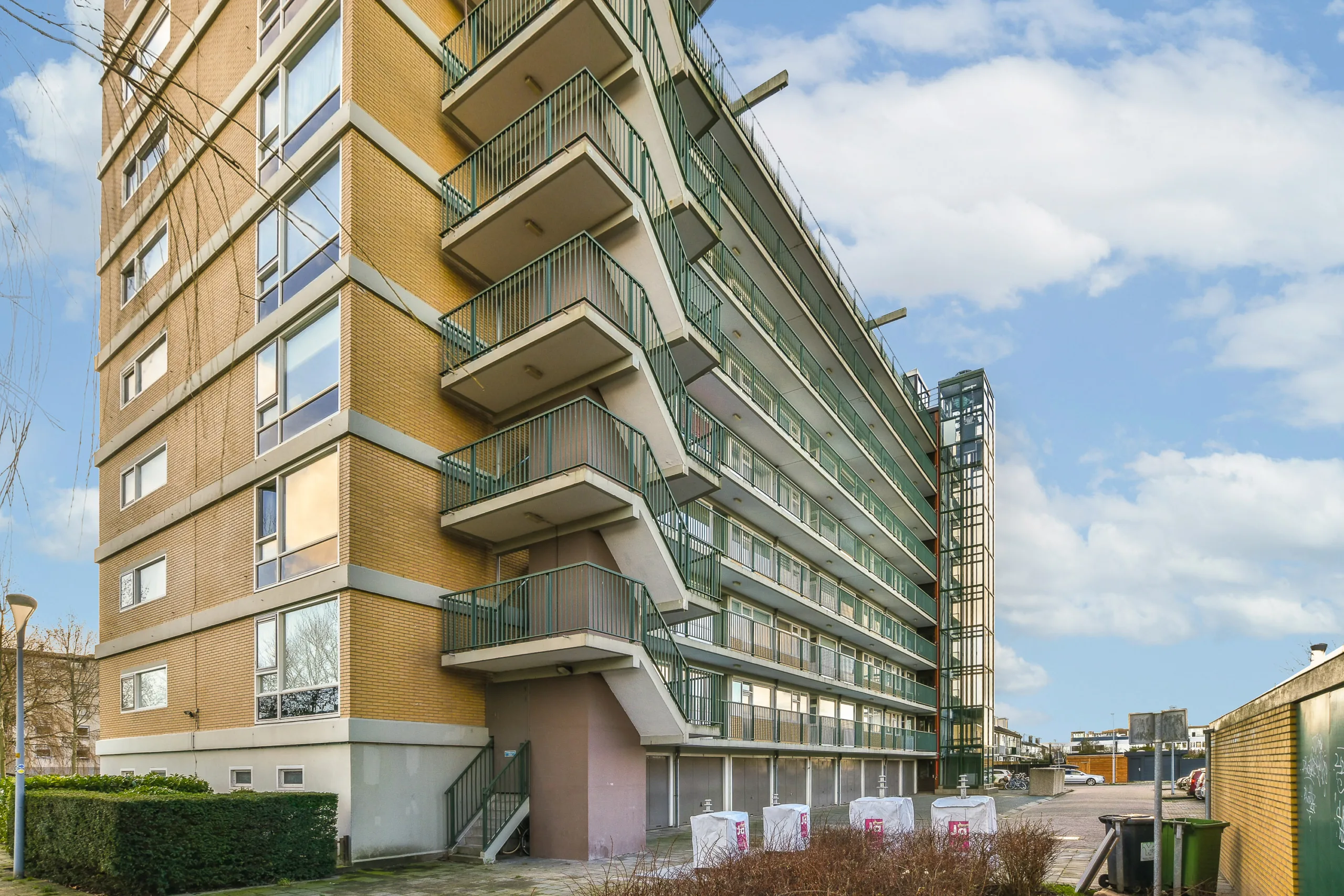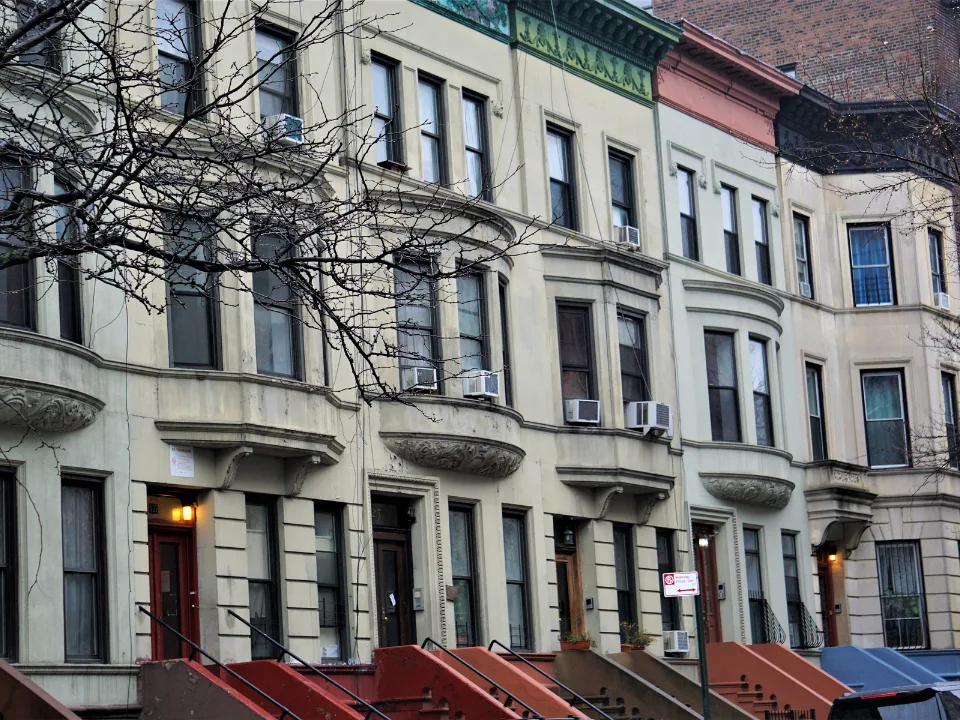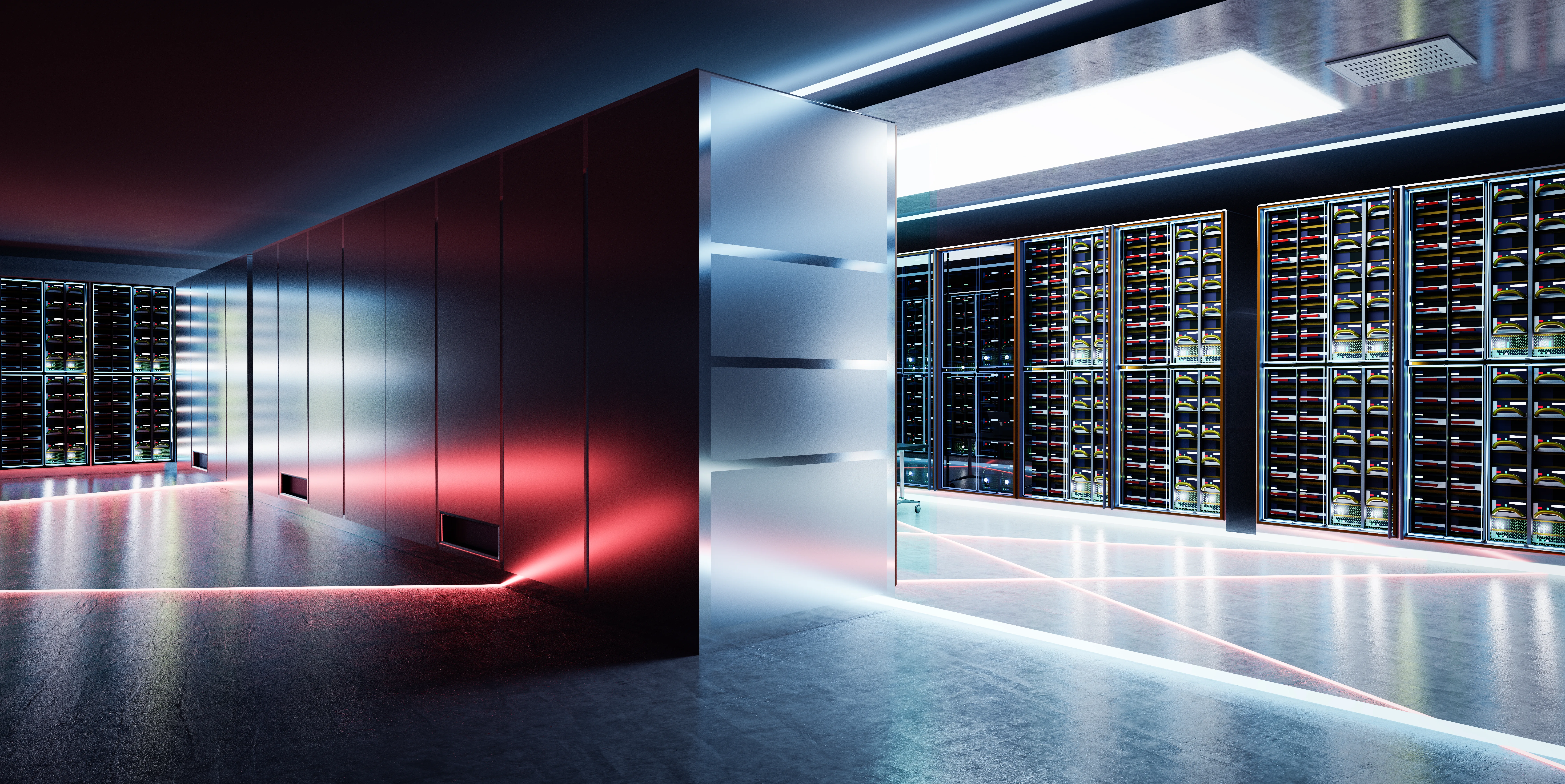- Hyundai will invest $26B in the US by 2028, a $5B increase from its prior commitment.
- The investment includes a new robotics facility with a capacity of 30K units annually and a $5B steel plant in Louisiana.
- The expansion aligns with changing US trade policies under President Trump, including a reduced tariff on South Korean imports from 25% to 15%.
A Strategic Shift
Hyundai Motors is significantly increasing its investment in the United States, reports Bisnow. The company now plans to allocate $26B between 2025 and 2028. This marks a $5B increase from its earlier pledge of $21B. The announcement comes shortly after a meeting between South Korean President Lee Jae Myung and US President Donald Trump, signaling strengthened economic ties between the two countries.
Robotics In Focus
The bulk of the new capital will support a state-of-the-art robotics plant, designed for product design, testing, and manufacturing. The facility is expected to produce 30K units annually. It will leverage Hyundai’s 2021 acquisition of Boston Dynamics. The company will also draw on its ongoing partnership in the autonomous vehicle startup Motional.
Get Smarter about what matters in CRE
Stay ahead of trends in commercial real estate with CRE Daily – the free newsletter delivering everything you need to start your day in just 5-minutes
Expanding Industrial Footprint
In addition to robotics, Hyundai is investing $5B into a new steel mill in Louisiana, located near its existing production plants in Alabama and Georgia. These developments are part of the automaker’s strategy to increase vehicle production beyond last year’s 700K units, reducing reliance on international supply chains.
Navigating Trade Policy
The expansion also comes as Hyundai adapts to evolving US trade dynamics. The Trump administration recently lowered tariffs on South Korean imports to 15%, down from the previous 25%. President Trump stated that the new rate will remain in place for the foreseeable future.
Competitive Pressure
Hyundai’s aggressive US expansion follows similar moves by other automakers. Earlier this year, Honda shifted production of its Civic hybrid from Mexico to Indiana in response to the same tariff pressures.
Why It Matters
Hyundai’s latest investments underline the growing importance of the US as a manufacturing and innovation hub for foreign automakers. With automation, domestic production, and trade policy at the forefront, the company is positioning itself to stay competitive in a fast-changing global auto landscape.
What’s Next
With the $26B commitment now in motion, expect Hyundai to announce more detailed timelines and hiring plans in the coming months. As other automakers adjust to trade shifts, robotics and vertical integration may become key battlegrounds in the race to dominate the US auto market.

















